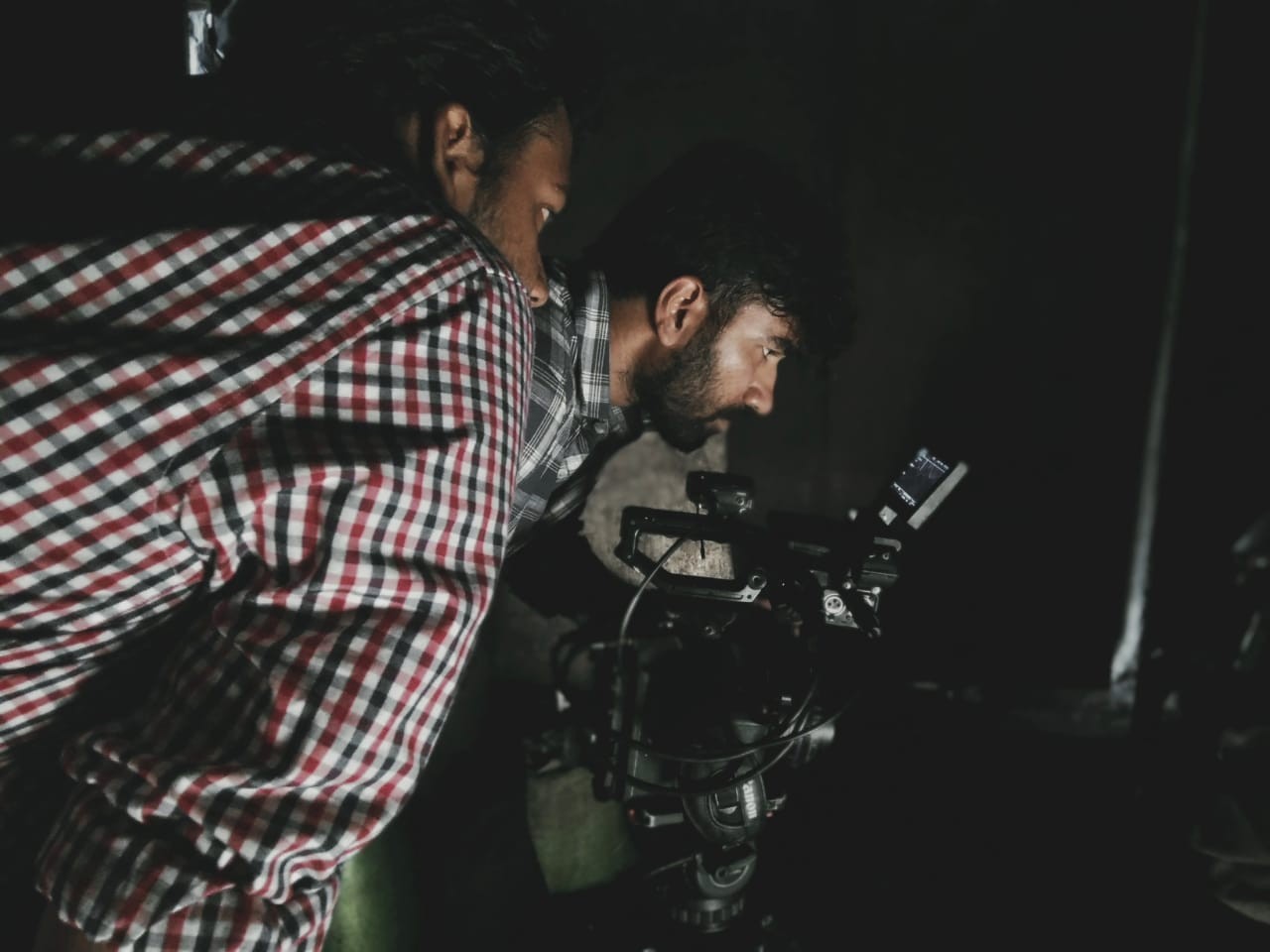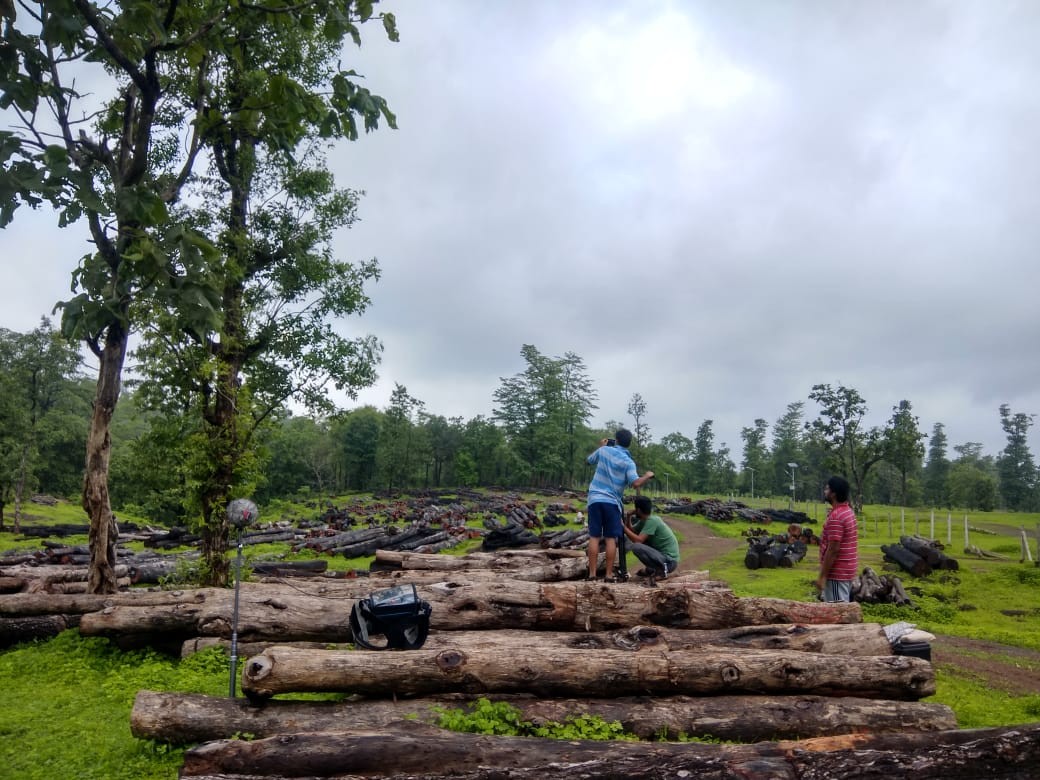We caught up with the brilliant and insightful Sachin Dheeraj Mudigonda a few weeks ago and have shared our conversation below.
Sachin Dheeraj, appreciate you joining us today. What’s been the most meaningful project you’ve worked on?
The most meaningful project I’ve done is a recent work as a director and editor, Testimony of Ana (2021), which is a short documentary about Anaben Pawar, an Adivasi elder accused of witchcraft by her neighbors in rural India. She uses faith and perseverance to survive several monstrous attacks against her in the name of Witch-Hunting. The film investigates how her refusal to be driven off the land speaks of a struggle against patriarchy and capitalism waged on women’s bodies. Submitted as the pre-thesis film, it emerged from my ethnographic fieldwork in Gujarat, India. Ana was hesitant to tell her story at first, so I had to show up every day at her house and help her with household chores until I gained her trust. This continued for a couple of weeks. After spending significant time with Ana, she slowly started sharing her memories. In contrast to standard approaches in documentary filmmaking, I reconstructed Ana’s memories of trauma using lyrical assemblage. For example, in a particular sequence, we see wide-angled landscape images as we hear Ana recounting the horrors she experienced the night of the attack. The purpose of this juxtaposition is to establish that she is connected to nature. Historically witches were healers, frequently midwives, who used the power of nature in their practice. I wanted to convey how she lives in harmony with nature while enduring the oppressive, patriarchal culture that constantly threatens her. I hope the effect of such a marriage of image and sound gives the viewer the impression that it is as if she is healing the landscapes around her whenever Ana speaks. My goal in reconstructing these memories was to present evidence of her resistance that has no obvious documentation.

As always, we appreciate you sharing your insights and we’ve got a few more questions for you, but before we get to all of that can you take a minute to introduce yourself and give our readers some of your back background and context?
Inspired by the rich documentary-style work of filmmakers like Aravindan Govindan, Pedro Costa, and Tatiana Huezo, my filmmaking philosophy engages with Global Human Rights and Social Justice issues through storytelling that crosses between fiction and non-fiction modes of presentation. I strive to tell stories engaging with people, places, and communities slowly disappearing from this world. I aim to affirm their existence and preserve their memories through cinema.
My wife (Janani Vijayanathan) & I founded “Kinostreet,” An independent production house dedicated to creating films that document the sensibilities of the street. You can follow us on FB, Instagram & Twitter.


Is there mission driving your creative journey?
Our team at KINOSTREET is determined to tell stories that demand an urgent conversation.
Are there any books, videos or other content that you feel have meaningfully impacted your thinking?
“Everybody Loves a Good Drought” by Sainath Palagummi & Films of Ken Loach have tremendously impacted me and my filmmaking practice.
Contact Info:
- Website: https://www.kinostreetfilm.com/
- Instagram: https://www.instagram.com/kinostreet_official/
- Facebook: https://www.facebook.com/kinostreetofficial/
- Twitter: https://twitter.com/Kinostreet1
Image Credits
Sachin Dheeraj Mudigonda


